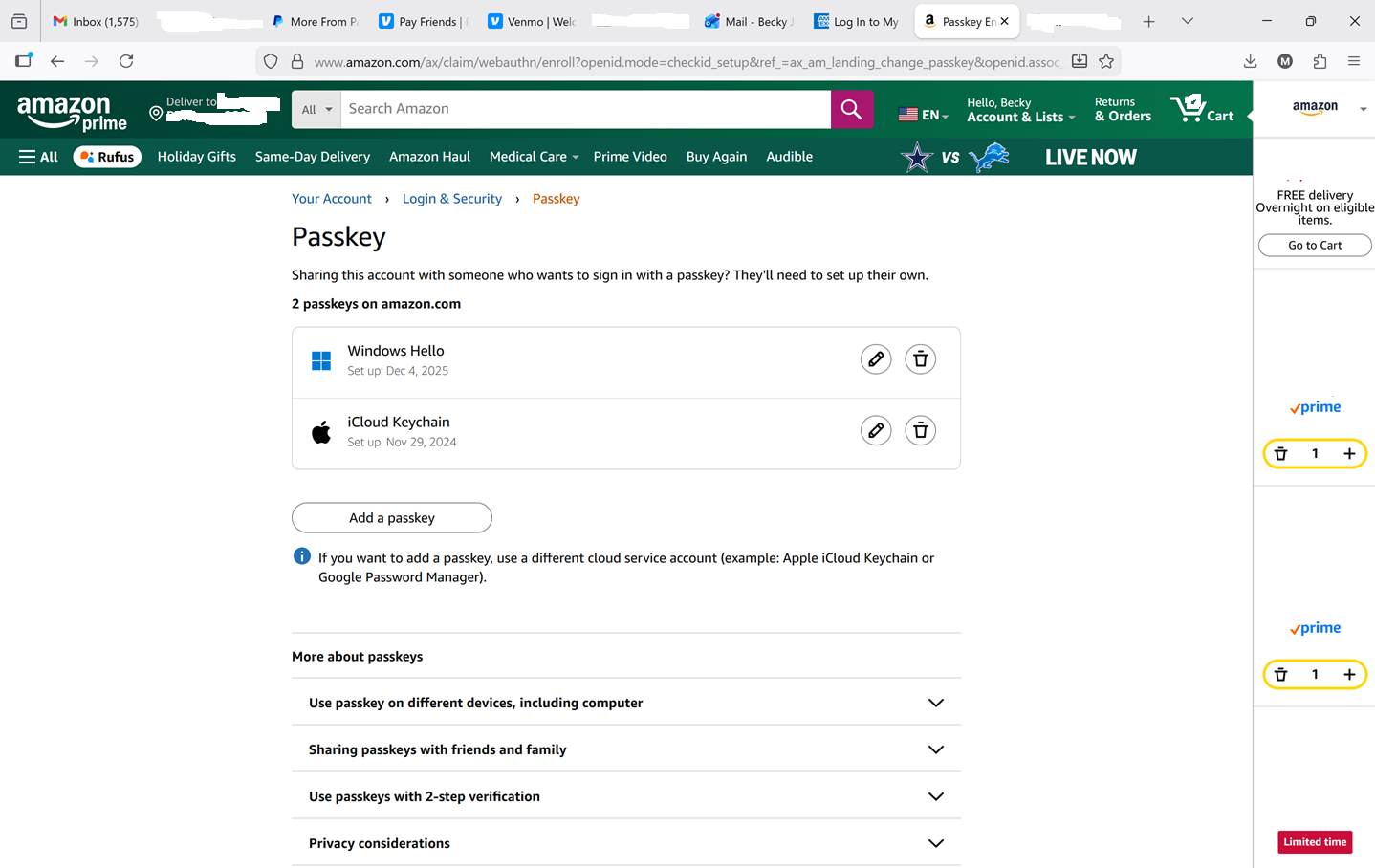 The OpenID Federation 1.0 specification contains two kinds of functionality:
The OpenID Federation 1.0 specification contains two kinds of functionality:
- Protocol-independent federation functionality used for establishing trust and applying policies in multilateral federations, and
- Protocol-specific federation functionality that can be used by OpenID Connect and OAuth 2.0 deployments to apply the protocol-independent federation functionality.
At the urging of implementers and working group members, I’ve created new specifications splitting the two kinds of functionality apart. I’m pleased to announce that initial editor’s drafts of both split specifications are now available for your reviewing pleasure. They are:
- OpenID Federation 1.1 (protocol-independent)
- OpenID Connect Federation 1.1 (protocol-specific)
Together, they are equivalent to OpenID Federation 1.0, by design. No functionality is added or removed from that present in 1.0. Rather, it’s factored into protocol-independent and protocol-specific specifications.
Reading every line of the 1.0 spec to perform the split had the additional benefit of identifying editorial improvements to apply to the 1.0 spec before it becomes final. I intentionally started the split while 1.0 is still in the 60-day review to become final exactly so improvements identified could be applied both to the original and the split specs.
As background for this work, several people had suggested splitting the two apart into separate specifications – particularly once the core federation functionality started being used with protocols other than OpenID Connect, such as with digital credentials. There was a discussion about this possibility at the Internet Identity Workshop in the Fall of 2024. During the April 2025 Federation Interop event at SUNET, there was consensus to do the split after finishing OpenID Federation 1.0. Starting the work to perform the split was proposed to both Pacific-friendly and Atlantic-friendly OpenID Connect working group calls in December 2025 after the 60-day review had started, with no opposition to proceeding.
Now it’s your turn! Please review both OpenID Federation 1.0 and the OpenID Federation 1.1 and OpenID Connect Federation 1.1 specifications derived from it. Please send any issues found to the OpenID Connect Working Group mailing list, or file GitHub issues in the respective repositories: OpenID Federation 1.0 repository, OpenID Federation 1.1 repository, and OpenID Connect Federation 1.1 repository. Please review for both the readability and correctness of the specs and whether you believe aspects of the split should have been done differently. In particular, please consider the examples in Appendix A, which contain both protocol-independent and protocol-specific content.
Hopefully this split will make the OpenID Federation content easier to navigate and understand for those using it and considering it. Happy New Year 2026!







